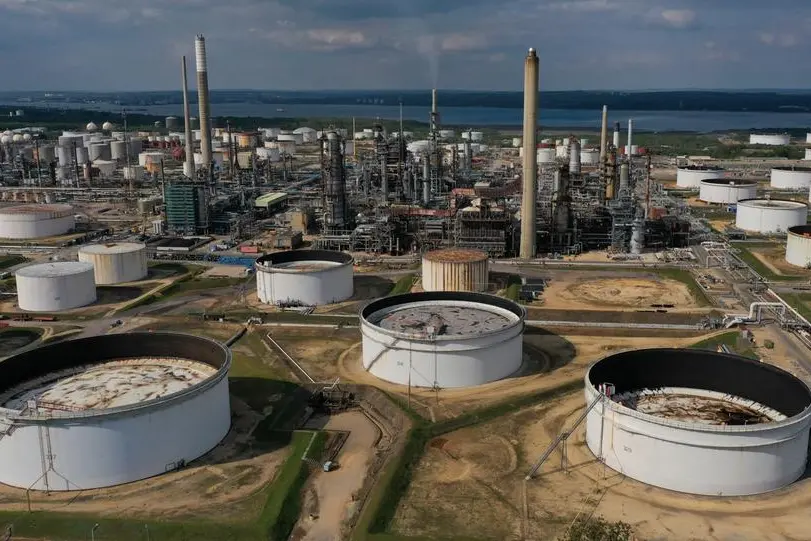PHOTO
Europe has cut its gas demand by 20 percent since the Russian invasion of Ukraine and demand for liquefied natural gas (LNG) should peak next year thanks to renewables and efficiency gains, a study published Wednesday said.
The February 2022 invasion of Ukraine by Russia triggered a massive shift by European nations away from Russian natural gas delivered by pipelines, with prices for LNG soaring as they competed on international markets for limited supplies.
With a limited number of import terminals, European nations were also forced to undertake measures to restrain consumption, but made it through the winter of 2022-2023 without cuts to residential heating or electricity generation.
The Institute for Energy Economics and Financial Analysis said that European gas demand has declined by 20 percent since the start of the Russian invasion, driven mainly by Germany, Italy and Britain.
It put the decline down to energy efficiency and demand management measures, the impact of high prices on demand as well as mild winter temperatures.
"Europe has successfully navigated the energy crisis and has set itself up to continue curbing gas use, thanks in part to efficiency measures and renewables deployment," IEEFA said in a report.
The further deployment of solar and wind, the switch from gas boilers to heat pumps for home heating and added efficiency measures should mean that demand for LNG peaks in 2025.
The international group which studies issues related to energy markets and policies, noted that rush to build LNG terminals was continuing despite imports holding steady in 2023 and the likely peak in demand next year.
With 13 terminals expected to become operational by 2030, compared to eight operational in February 2022, IEEFA risked having import capacity three times LNG demand by the end of the decade.
It also noted that Russian LNG had replaced a portion of the Russian gas that Europe had been importing by pipeline, with Russian LNG imports rising by 11 percent between 2021 and 2023.
But LNG from the United States dominated imports, which risks creating a new dependency.
"Having experienced the dangers of risking security of energy supply by depending too much on one source, Europe must learn from its past mistakes and avoid becoming over-reliant on the US, which provided nearly half of its LNG imports last year," said Ana Maria Jaller-Makarewicz, IEEFA's lead Europe energy analyst.





















